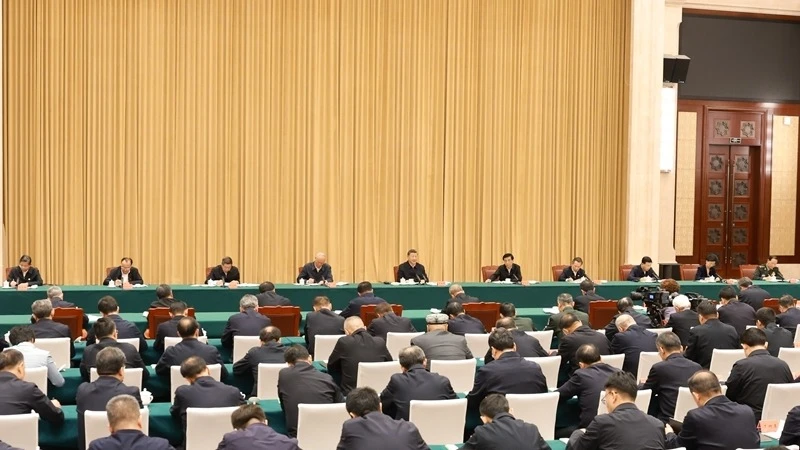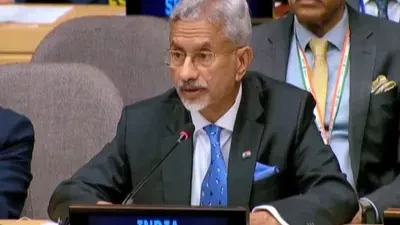TFS lines up DPP, magistrates to handle forest cover offences

LOCAL government authorities and the Tanzania Forest Services (TFS) agency have lately convened for a workshop on handling forest-related offences.
Tarsila Gervas, principal state attorney who opened the session and served as facilitator, said that forest conservation cannot succeed if forest officers work in isolation, addressing 32 officers from various institutions involved.
The officers were drawn from district forest departments, resident magistrate courts, and the Office of the Director of Public Prosecutions (DPP) for the training organized by the Lawyers Environmental Action Team (LEAT).
The training is part of an integrated approach for transformation of Tanzania’s fuelwood value chain project, focused on strengthening investigation, prosecution and court procedures in forest crime cases, to close persistent gaps in law enforcement that undermine sustainable forest conservation, she explained.
“In this context, we should not expect forest officers to work alone and get results. They must team up with other institutions, including those in the judiciary, to ensure conservation efforts pay dividends so that communities are assured of livelihoods and the country realizes economic and social development,” she said.
Rampant deforestation is linked to illegal logging, with Tanzania suffering from the practice and serving as a transit route for timber harvested unlawfully in other countries, she stated, urging stakeholders to look beyond tree cutting and acknowledge the wider economic, environmental, and social impacts.
“Sustainable forest management has to strike a balance between conservation and development while empowering communities to protect their forests and benefit from them,” she asserted.
Workshop participants expressed being vexed by the prevalence of light sentences or acquittals in cases related to forest cover offences, which the facilitator acknowledged, hinting that this is sometimes due to prosecution weaknesses.
“Evidence is the backbone of investigation—it must be authentic, complete, reliable and believable,” she stated, asking prosecutors to prepare a case with a settled mind, without emotion or bias.
“If there is enough and strong evidence go ahead with prosecution; if there isn’t, don’t be in a hurry to prosecute,” she explained, underlining a growing recognition that poor evidence collection and case presentation often enables offenders to slip through the cracks.
Dr Njilingi Makata, chief forest officer and a lecturer at Olmotonyi Forest Institute, pointed at a vivid disconnect between forest produce harvesting and enforcement of laws.
“Many charcoal producers do not understand the laws, rules and regulations governing forest conservation. At the same time, some institutions responsible for protecting forests, such as village governments and forest officers often fail to comply with the same rules in their daily work,” she asserted.
Evod Soka, the Sengerema District senior resident magistrate acknowledged that courts often deliver light penalties in forest cases, and stressed that such sentences are guided by existing laws.
“It is upon the prosecutors to make us see the big picture of the crime so that we are moved to deliver maximum sentences that are truly punitive,” he said. “Failure of which, our decisions are merely guided by what the law prescribes,” he added.
Top Headlines
© 2025 IPPMEDIA.COM. ALL RIGHTS RESERVED






















